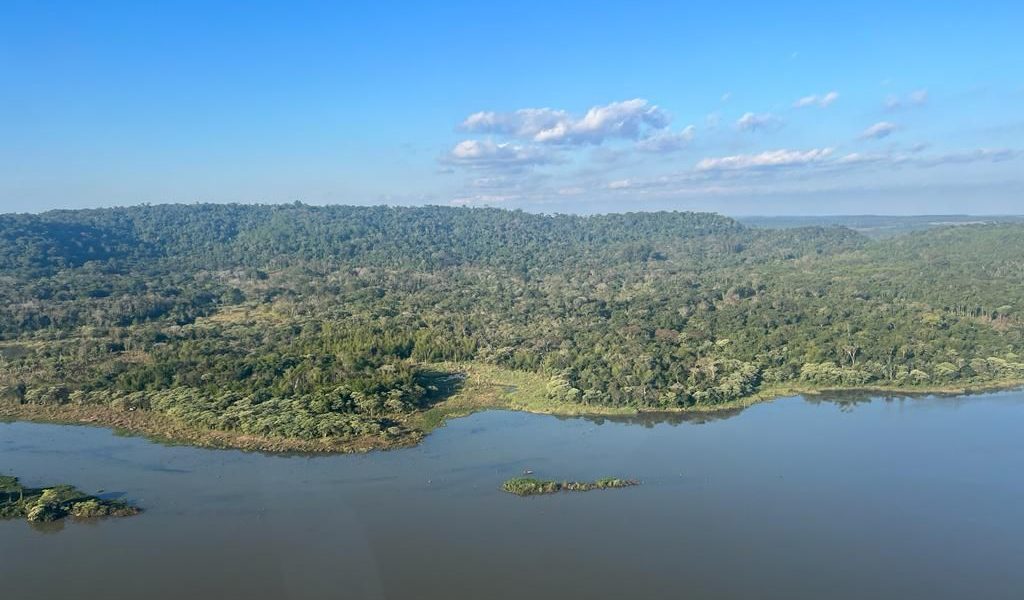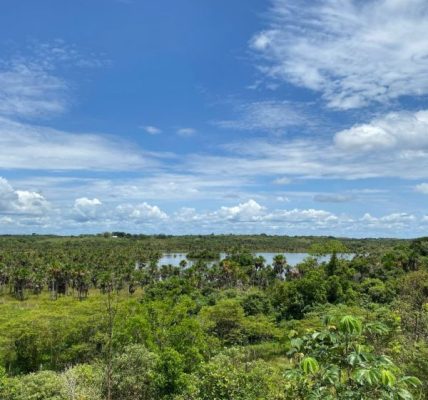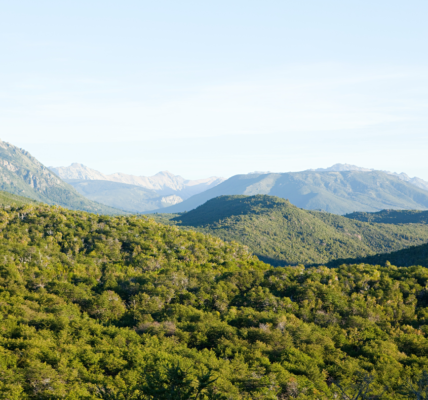Misiones committed to the fight against climate change in collaboration with ALLCOT
With the signing of three exclusive agreements, the Province of Misiones, from the State Secretariat for Climate Change, is committed to continue fighting climate change through two reforestation projects and one methane gas capture project.
The projects will be developed by ALLCOT, in charge of obtaining financing through the carbon credits that will be produced.
Reforestation Projects to be carried out in Misiones
The first agreement signed will protect and restore the Yaboty biosphere by planting 2.3 million native trees in an area of 8,000 hectares of the Paranaense rainforest.
The Yaboty Biosphere is located in the department of San Pedro, in the province of Misiones. It is home to 54% of Argentina’s biodiversity, and for several decades it has been threatened by agricultural activities such as tea, tobacco and yerba mate plantations and the timber industry.
According to Alexis Leroy, CEO & Founder of ALLCOT, this project “will contribute to the recovery of the highly degraded Paraná rainforest. Reforestation will protect and improve water sources, improve air quality, regulate temperature, and help reduce 125,000 tons of greenhouse gases each year, which will result in additional resources for the communities that inhabit this biosphere to invest in new sustainable development projects.
The second agreement signed will be for the ecological restoration of 36,000 hectares in the municipality of Pozo Azul, located in the green corridor of the province of Misiones. This project will involve the participation of the peasant community committed to restoring the forest ecosystem and watersheds.
And the last agreement reached will allow the development of a project for the capture and reconversion with energy use of the gases generated in the Fachinal sanitary landfill, in the Province of Misiones, which has been operating since 2002 and will have a useful life of approximately 18 years.
With an investment of US$3 million, the landfill will reduce 90,000 tons of GHG emissions per year and generate energy that will feed the region’s electrical system, in addition to contributing to the Province’s environmental goals.






